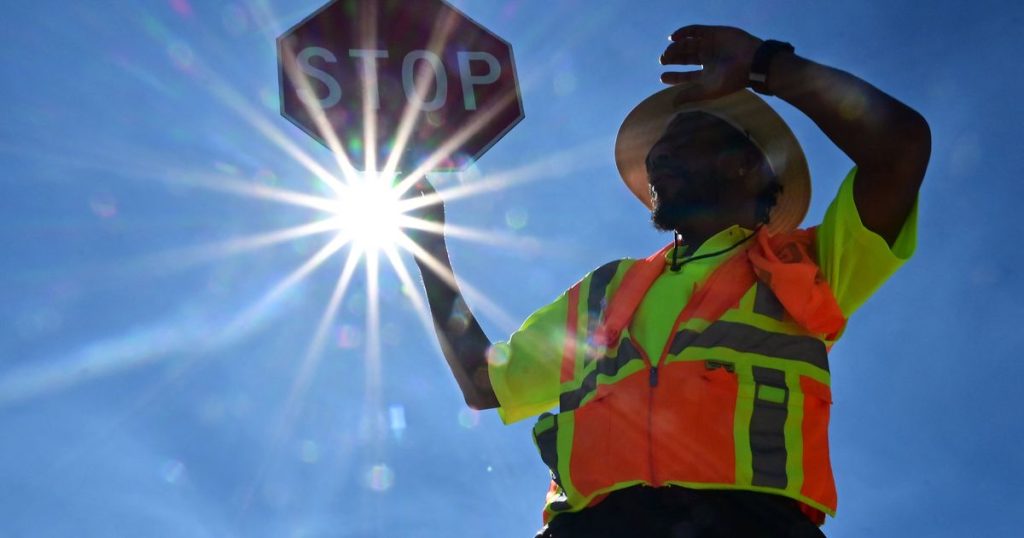Gov. Ron DeSantis of Florida recently signed a bill that prevents localities from requiring employers to provide outdoor workers with access to water, rest, and shade. Advocates for workplace safety argue that the new law will put people’s lives at risk. The legislation, supported by the agricultural and construction industries, is a preemption law that prohibits cities and counties from creating their own regulations on heat protection. The bill effectively nullifies a proposal in Miami-Dade County that would have mandated employers to have heat safety programs for employees.
Supported by Republicans in the state House and Senate, the preemption bill also prevents localities from requiring employers to pay livable wages on government-funded projects. Unions and progressive groups are concerned that blocking heat regulations will endanger farm and construction workers in one of the hottest states in the country. The fear is that someone could die as a result of this legislation. Texas Republicans passed a similar bill last year, known as the “death star bill”, which also restricted local ordinances related to heat protections, housing, and labor laws.
Advocates for the preemption law argue that creating a uniform standard for heat safety is better left to the federal Occupational Safety and Health Administration (OSHA). However, OSHA currently does not have a heat-specific safety rule. While other states like California, Oregon, and Washington have laws mandating heat breaks for outdoor workers, Florida does not have such regulations in place. Only a few jurisdictions in the country have laws requiring employers to provide water, shade, and heat safety training for workers.
Climate change is leading to more intense and frequent heat waves, which are posing a growing risk to outdoor workers. A farmworker in Miami-Dade County died last July during an exceptionally hot month, with symptoms consistent with heat stress. With the increasing dangers of heat exposure, advocates are pushing for safety measures to be implemented to protect workers. The Biden administration is currently working on a federal heat safety standard through OSHA, but the process of developing federal rules could take years and could be undermined by future administrations.
The lack of support from Republicans in Florida has hindered efforts to create a uniform, statewide standard for heat safety. More than 430 workers have died from environmental heat exposure since 2011, according to OSHA. Without laws in place to protect workers from extreme heat conditions, the risk of more deaths in the workplace remains high. Advocates argue that basic protections like providing water and shade for workers should not be too much to ask for. With the potential for a change in leadership at the federal level, the future of heat safety regulations for workers remains uncertain.


